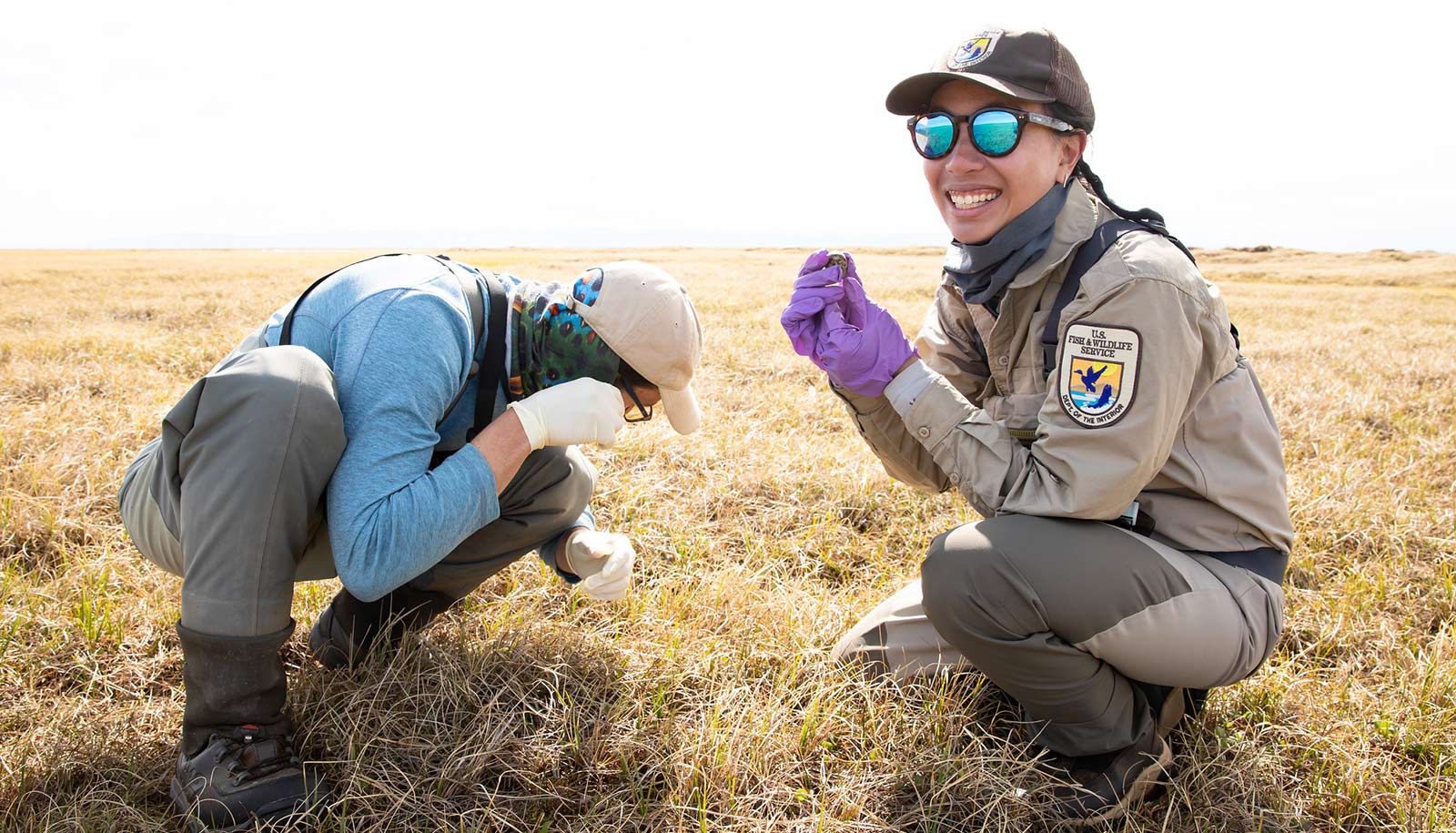Science communication can gain audience trust when scientists show their human side, according to new research.
The researchers say it can be as simple as using “I” and first-person narratives to help establish a personal connection with the audience.
Traditionally, scientists might not always consider the audience evaluating them when sharing the facts of their research, says corresponding author SiSi Hu, a graduate instructor and research assistant in the University of Missouri School of Journalism.
“…the scientist must trust the audience as much as the audience trusts the scientist with his or her message.”
“Most of the time the public understands what the scientist is presenting to them, but each person understands in their own way,” Hu says.
“Therefore, there needs to be a sense of mutual understanding—the scientist must trust the audience as much as the audience trusts the scientist with his or her message.”
After completing a literature review of perceived authenticity, the team did not find any appropriate measures relating to science communication. Therefore, based on existing literature, they created a theory of perceived authenticity in science communication: a scientist is someone with their own belief system beyond institutional affiliations, and their messaging reflects those values.
Study participants tested the theory by completing a 19-question survey on authenticity. Survey questions were based on a description of published plant science research and a group of randomly assigned narrative messages attempting to explain that research.
The group of messages included a story drawn from the real-life experiences of J. Chris Pires, a professor in the biological sciences division and an investigator in the Christopher S. Bond Life Sciences Center, of how he became interested in plant science.
Researchers found that if a scientist shares the story of the development of the origin of his or her interest in the subject through a first-person narrative—without use of institutional affiliations—people are more inclined to perceive him or her as authentic. Additionally, if a scientist only uses a first-person narrative, people are more inclined to perceive a scientist as authentic based on a feeling of connection.
The team also found the narrative qualities of perceived authenticity align closely with existing literature on benevolence and integrity, two personality traits that can help an audience build trust with the person delivering the message.
“We hope our findings will provide some wisdom, guidance and tools that scientists can use to enhance their communication of their research—that is also accessible and will be trusted by the public,” says lead author Lise Saffran, director of the Master of Public Health program at the School of Health Professions.
“People want to know the person talking to them is a human being with their own values and point of view, and that the message they share reflects those values.”
The study appears in PLOS ONE. Additional authors are from the University of Missouri and the University of Colorado.
Funding came from the University of Missouri Research Council. The content is solely the responsibility of the authors and does not necessarily represent the official views of the funding agencies.
Source: University of Missouri



